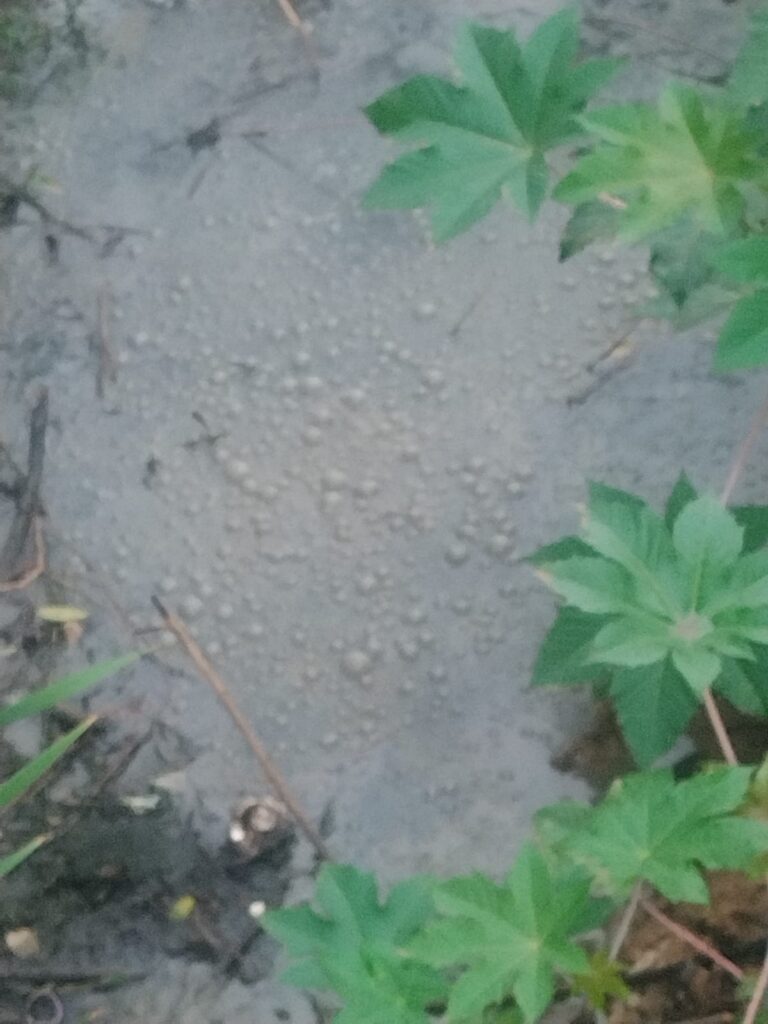
Badly polluted water system pose danger to public health and the environment.
Democratic Alliance (DA) says the ANC led-government’s reaction to the bilharzia outbreak in the Mopani district by forming a provincial task team is far too little too late and a result of decades of “government failure and environmental mismanagement.”
The team includes representatives from the Office of the Premier, the Department of Health, the Department of Education, CoGHSTA, Mopani District Municipality, Greater Giyani Local Municipality, Greater Tzaneen Local Municipality, Greater Letaba Local Municipality and Ba-Phalaborwa local Municipality.
They have been mandated to coordinate efforts to contain the outbreak, provide medical care to affected individuals, and prevent further spread of the disease.
Lindy Wilson, the party’s provincial spokesperson on health the intervention is too late after decades of neglect and passive leadership in the province.
The bilharzia outbreak has led to the treatment of 140 students at Malwandla Primary School for the disease and it is highly likely there are many more people affected.
She said “The municipalities in the Mopani region have neglected their responsibility to strengthen compliance to environmental legislation and regulations and improve enforcement in their municipal boundaries.”
Wilson said government has the neglected municipalities in the region and failed to provide safe potable water.
This, according to Wilson, has led to water systems that are badly polluted and a danger to communities.
“The department of education’s failure to provide a healthy learning environment, and appropriate sanitation and water infrastructure at schools is likely what led to the 140 learners being infected” Wilson said.
Meanwhile the DA in Phalaborwa wrote to the municipal manager, Lucas Pilusa, to conduct a thorough review of all water and sewage infrastructure to prevent water contamination.
Wilson went on to say “Following complaints by businesses and residents of Phalaborwa of smelly and bad tasting water, the DA contacted the Senior Manager Technical Services who requested Lepelle Water to urgently conduct a water test, which confirmed contamination.”
Health MEC, Dieketseng Mashego has led health screening initiative at Thabina Primary School amid rising bilharzia cases.
This visit comes on the heels of 155 confirmed cases of bilharzia reported across various villages in the region, prompting urgent action to protect the health of local children.
Mashego was accompanied by senior officials from health and education departments.
During her visit, she said the provincial government has already set up a task team comprised of representatives from the Office of the Premier, Department of Basic Education, Department of Health and Cooperative Governance Human Settlement and Traditional Affairs.
The team led by MEC Mashego conducted screenings and tests for bilharzia, a parasitic disease that can lead to severe health complications if left untreated.
The initiative aims to identify affected learners early and provide them with the necessary treatment, while also raising awareness about prevention methods.
Addressing the learners and other community stakeholders at school, Mashego stressed the importance of health screenings and education.
“Our coming here is to send a message that we cannot allow our children to suffer from preventable diseases because it is our responsibility to ensure that they are healthy and can focus on their education,” she stated.
“By identifying cases of bilharzia early, we can provide treatment and prevent further spread of the disease.”
Mashego further stressed the importance of prevention.
“We are working with the local water service authorities to conduct water quality tests as one way of preventing the disease because as much as screening, testing and treatment is important, it is even more important to work towards prevention,” said Mashego.
Mashego said parents and community involvement have been flagged as an important aspect in dealing with the scourge.
She said “Parents and guardians must meet us halfway by ensuring that our kids are protected. This can be achieved by ensuring that parents monitor children and ensure that they don’t come into contact with unclean water.”
